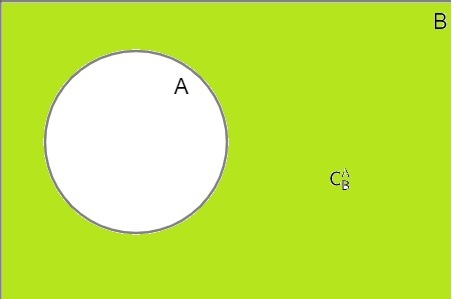Science fiction author Tim Boucher claims that he has used artificial intelligence systems such as ChatGPT to create and illustrate nearly 100 books in less than a year.
In an article in Newsweek, he revealed that he had written 97 mini novels in the last nine months, sharing details about the creation process.
see more
Experts say AI is a force for good
In the AI development landscape, China advances while the US…
See too: Online Users Surprise AI By Tricking It During Chat With ChatGPT
“My goal was to create a series of unique and captivating e-books, blending dystopian science fiction with compelling AI world-building. The books are a testament to the potential of AI to enhance human creativity. Each work features between 2,000 and 5,000 words and 40 to 140 AI-generated images. It usually takes approximately 6-8 hours to create and publish. In some cases, I managed to produce a volume in less than three hours”, he explained in the article.
unprecedented productivity
As mentioned by Boucher in the article, this “unprecedented” productivity was achieved thanks to the use of tools such as Midjourney (version 5.1) for imaging, the
ChatGPT (version 4) and Claude from Anthropic for brainstorming and text creation.
“I sold 574 books for a total of nearly US$2,000 [R$9,900] between August and May. All the books intersect, creating a web of interconnected narratives that constantly draw readers in and encourage them to explore further. This approach has been successful, with the majority of my readers being repeat buyers, many having purchased over a dozen titles,” said Tim.
“In one case, a reader purchased more than 30 titles. That's really exciting and rewarding for a writer."
‘Not real books’
According to Tim Boucher, each book is sold for between US$ 1.99 and US$ 3.99 (R$ 10 and R$ 19), through an e-commerce platform that offers greater control.
Through this platform, he is able to obtain more information about title buyers and better understand his readers' preferences.
The author responded to criticism about his short works being classified as short stories rather than complete books, due to the reduced number of words.
“For those critics who think that a work written between 2,000 and 5,000 words is 'just' a short story and not a real book, I would say that these 'non-real books' showed impressive returns for an extremely niche small indie label with very little promotion and basically no overhead.” in the article.

